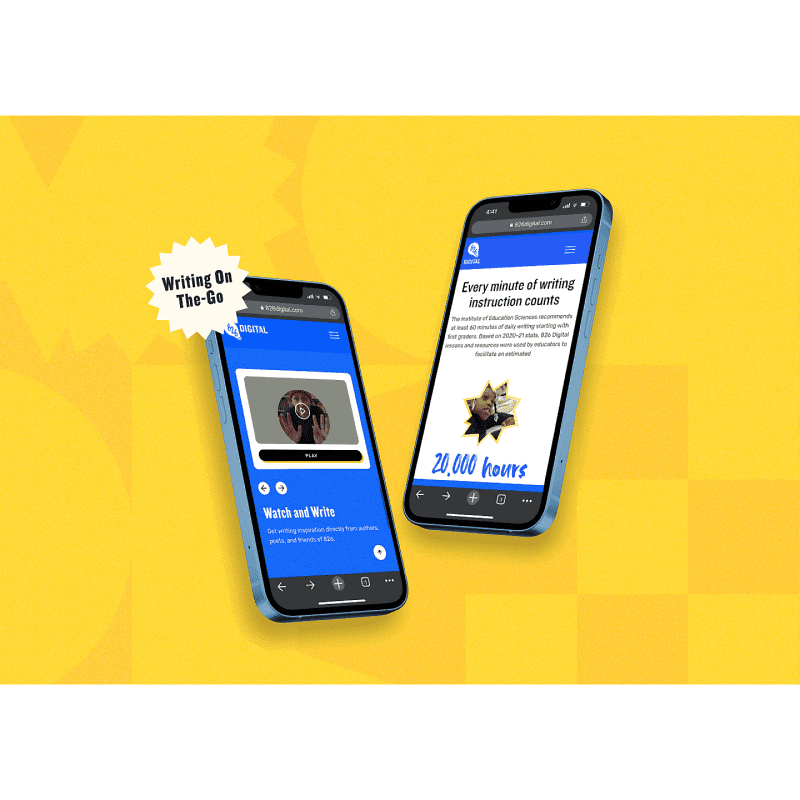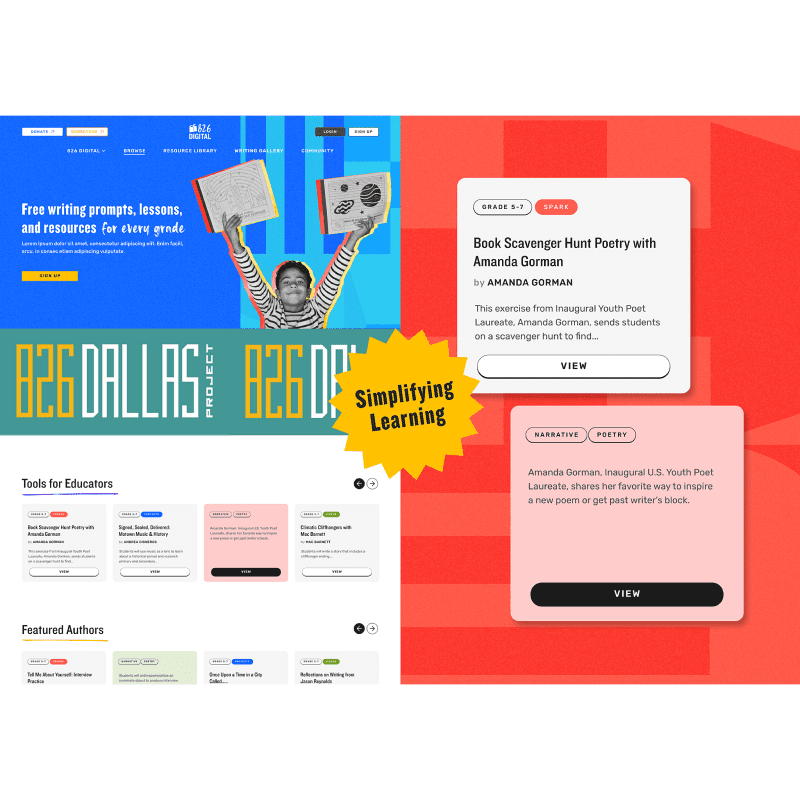Amit Rawat: Do the Work
Creative Director
by Elizabeth Lavis
|04 Apr 2024

SimplePlan Media’s Creative Director and Shepard of Ideas Amit Rawat has a simple and surefire strategy to help aspiring designers realize their creative dreams: put in the effort. “Do the work,” he says. “Too many designers obsess over the right tools, the right gadgets, and other ‘rights.’ Design is problem-solving, so put your head down and solve it.”
Rawat also believes in keeping your ego in check, especially when working with a team, and notes the importance of having a powerful vision. “Good design is functional. It serves a purpose,” he says. “Good brands are focused, and all of their aspects serve one clear vision.” He’s also driven by the desire to do good work. “There’s immense joy in doing something in an elevated way,” Rawat says. “It could be in terms of size, style, impact, or anything else. Doing great work is a joy in itself, and I bring this philosophy to my job every day.”
New Dehli born and raised, Rawat credits his childhood in India’s sprawling capital for his design approach. “It’s one of the oldest cities in the world and one of the youngest of the world’s supercities,” he says. “Growing up, I was equally exposed to both of these paradigms in the city as well as its culture. This enriched me with incredibly balanced sensibilities when it comes to design and problem-solving.”
Redesigning the largest youth writing network in the United States - 826 Digital, SimplePlan Media
The fusion of both problem-solving techniques and strong design ingrained in Rawat from his youth is evident in his process. “I balance strategy and creativity by remembering that strategy serves a vision,” he says. “Design should as well. If creativity is furthering the vision, it’s welcome. If it’s not, it should be toned down. Years ago, I was involved in designing the partner side of a delivery app. While the consumer side was very playful and fun, the partner side had to focus on data and accessibility. If we made it equally playful, it would lead to delayed deliveries, confusion, unhappy customers, and ultimately an unsuccessful brand or business.”
Rawat responds to harsh client criticism by remembering that it’s not personal. “I learned very early in my career that client/peer feedback is not about my skills or talent,” he says. “Instead, it’s a critique of my work, which is the culmination of several variables.” He’s also able to quickly build rapport with clients by being direct, kind, and honest. “In my experience, ideal clients respond very positively to all of these things,” Rawat says. “Simply agreeing with everything the client says is a recipe for mediocre work at best.”
He also deals with burnout and stress by avoiding spreading himself too thin. “The trick is not to over-extend yourself,” he says. “We’re careful when we’re onboarding too many clients.” He also relies on his research and study of the client’s brand to soothe him when the pressure hits. “It’s important for designers, and all creatives, to fully understand the brand and company principles you are designing for. Only then can you combat pressure,” he says.
Submit your work for Indigo Design Award competition


